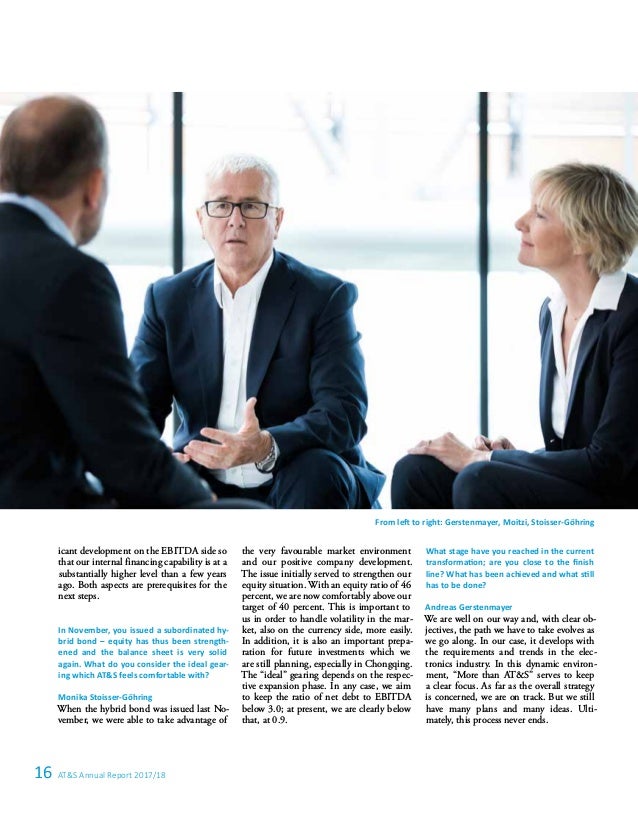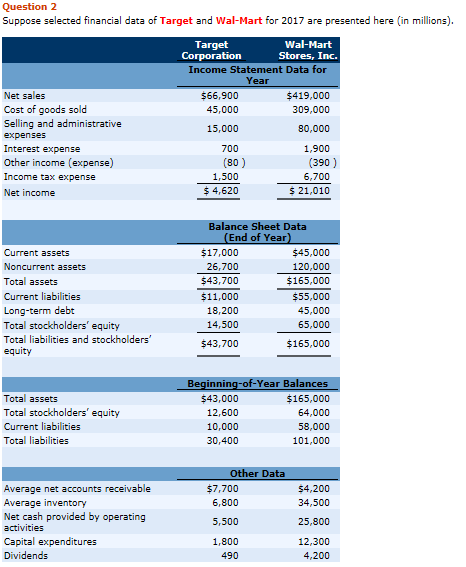

Our ability to create a personalized guest experience through the collection and use of accurate and relevant guest data is important to our ability to differentiate from other retailers. In the past, we have been able to compete successfully by differentiating our guests’ shopping experience through a careful combination of price, merchandise assortment, store environment, convenience, guest service, loyalty programs and marketing efforts. For example, CVS operates clinics and pharmacies within our stores, and our guests’ perceptions of and experiences with CVS may impact our reputation. In addition, vendors and others with whom we choose to do business may affect our reputation. Negative incidents could lead to tangible adverse effects on our business, including consumer boycotts, lost sales, loss of new store and technology development opportunities, or team member retention and recruiting difficulties. While reputations may take decades to build, any negative incidents can quickly erode trust and confidence, particularly if they result in negative mainstream and social media publicity, governmental investigations, or litigation. It may be difficult to control negative publicity, regardless of whether it is accurate. Reputational value is based in large part on perceptions, and broad access to social media makes it easy for anyone to provide public feedback that can influence perceptions of Target.

To be successful in the future, we must continue to preserve Target's reputation. We believe that one of the reasons our guests prefer to shop at Target, our team members choose Target as a place of employment and our vendors choose to do business with us is the reputation we have built over many years for serving our four primary constituencies: guests, team members, shareholders, and the communities in which we operate.


 0 kommentar(er)
0 kommentar(er)
